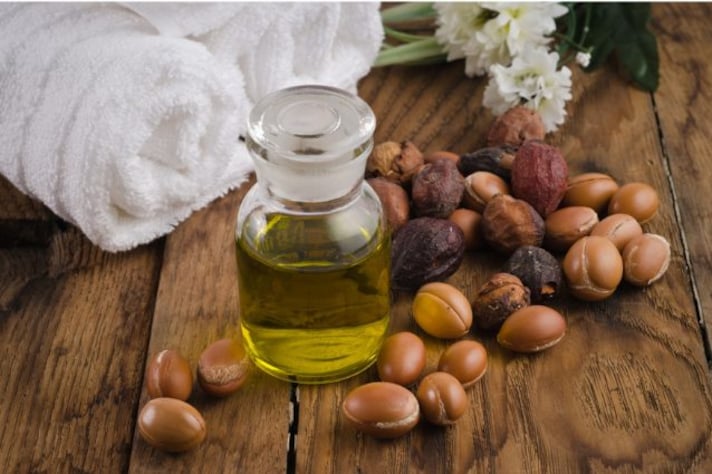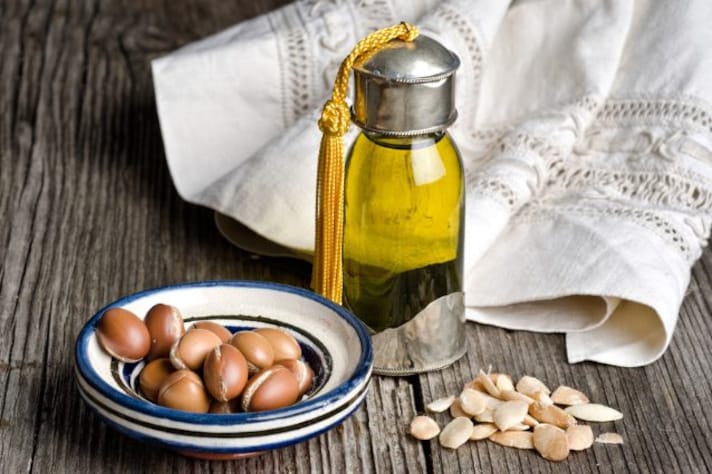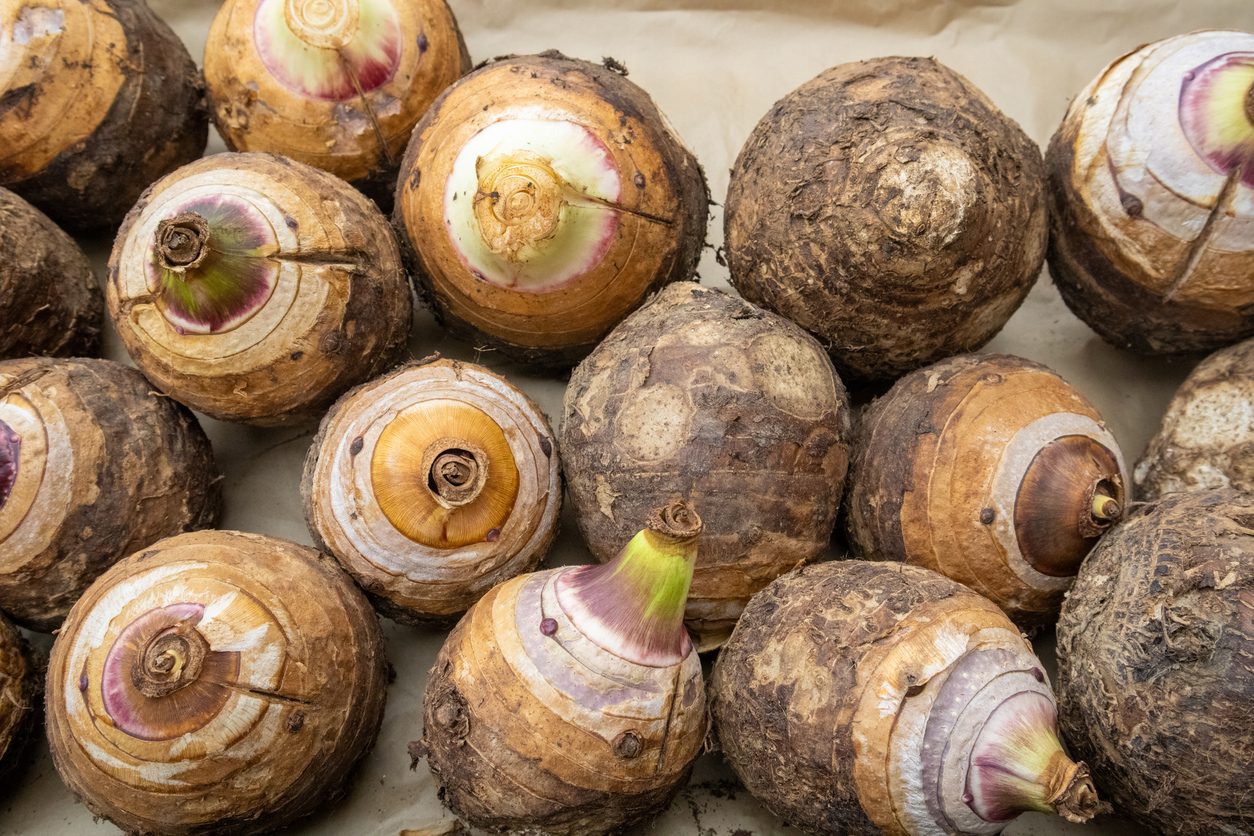What Is Argan Oil? Everything You Need to Know About This Oil and Its Culinary Uses
Argan oil, renowned in beauty, is also a culinary staple in Morocco, used for its nutty flavor in dishes like couscous and tagines. Extracted from roasted argan kernels, it's rich in nutrients but best used as a finishing oil to preserve its qualities. While not suited for high-heat cooking like olive oil, argan oil excels in enhancing flavors in salads and dips, offering a unique taste that olive oil can't match.

Argan oil has become a buzzword in the beauty industry, renowned for its nourishing benefits to hair and skin. Yet beyond the cosmetics aisle, in the heart of Morocco, argan oil is a staple in culinary traditions, enhancing a variety of dishes with its unique flavor. Let's explore the culinary side of argan oil, revealing its uses in the kitchen and comparing it with other cooking oils like olive oil.
The Essence of Argan Oil
Argan oil is derived from the kernels of the argan tree, native to Morocco. There are two main types of argan oil: culinary and cosmetic. The difference lies in the production process; for culinary use, the argan kernels are roasted before oil extraction, imparting a nutty flavor, whereas for cosmetic use, the kernels are processed raw to preserve the oil's more subtle properties. Culinary argan oil is rich in vitamin E, antioxidants, and essential fatty acids, offering not only a distinctive taste but also health benefits. Properly stored in a cool, dark place, it can last up to two years.

What Is Argan Oil Used For in The Kitchen?
In Moroccan cuisine, argan oil is celebrated for its robust, nutty flavor that complements both sweet and savory dishes. It is commonly used as a finishing oil rather than a cooking oil due to its high cost and the fact that high heat can diminish its flavor and health benefits. Traditionally, it is drizzled over couscous, used in the preparation of tagines, or mixed into almond and honey-based pastries. It also makes a frequent appearance in breakfast dishes, often stirred into amlou, a spread made from toasted almonds, honey, and argan oil, served with warm bread.
What Can You Cook With Argan Oil?
Globally, chefs and home cooks alike are incorporating argan oil into their recipes, experimenting with its unique flavor in salad dressings, marinades, and dipping sauces. It pairs exceptionally well with grilled fish or vegetables and adds an exotic touch to simple pasta dishes or risottos. As its popularity grows, argan oil continues to cross culinary borders, finding its way into international dishes and enhancing the global palate.

Argan Oil vs. Olive Oil: Which One Is Better to Cook With?
When it comes to comparing argan oil with olive oil, each has its merits depending on the use. Argan oil is not typically recommended for high-heat cooking due to its sensitivity to heat, which can alter its flavor profile and nutritional content. In contrast, certain types of olive oil can withstand higher temperatures and are more versatile for cooking. However, as a finishing oil, argan oil offers a distinctive, rich flavor that olive oil cannot replicate, making it superior in dishes where its unique taste can be fully appreciated. Thus, while olive oil may be more practical for everyday cooking, argan oil is the better choice for adding a special touch to finished dishes.
;Resize,width=767;)


;Resize,width=712;)
